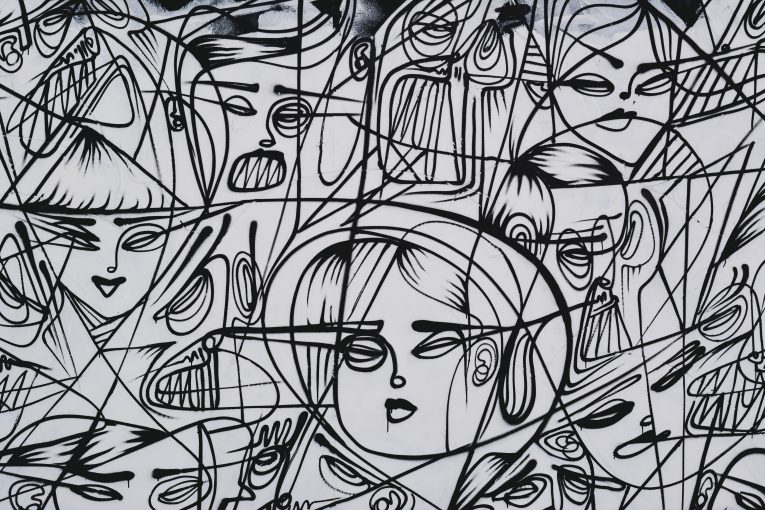
Friday (12/4) Promovendus Club Psychology Doctoral Study Program held an event with the theme “Youth Moral Emotions”. This event is part of the Two-Week Colloquium (KDM) which is held every two weeks by inviting speakers with diverse expertise and focus of knowledge.
This event starts at 09.00 WIB until 10.30 WIB. Participants who came to this event were 116 people who came from various regions.
The speaker in the KDM event this time was Dr. M.M. Shinta Pratiwi, M.A., a psychologist who presented material on the dynamics of moral emotions in adolescents. Using the latest research on morals, this lecturer in psychology at the University of Semarang provides an explanation of the theory of adolescent moral development in psychology, not only at Kohlberg or Piaget.
In her presentation, Shinta explained important points related to moral emotions such as the relationship between emotion and morality, the definition of moral emotions, differences in moral emotions and non-moral emotions, forms of moral emotions, and factors that can predict moral emotions.
The landscape of moral development in a psychological perspective is very broad. However, what has been frequently used to understand and identify the landscape is limited to Piaget and Kohlberg’s theory.
“When I was a lecturer at the beginning, when I understood moral development, how come it’s only Kohlberg’s moral development? But it turned out that I was not learning enough. So at that time I read again from journal articles from books, and I took from Santrock’s latest 2018 book, (it turns out) that the domain of moral development is broad, “said Shinta.
Shinta further explained that the domains in moral development include moral cognitive, moral affective, moral behavior, and the newest domain, namely the moral personality, which includes moral identity, moral character, and moral role model. These domains are equally important in human moral development. All of them have an inseparable relationship with one another.
“When we face a moral event or a moral dilemma then these domains will work. So it’s just as important, “added Shinta.
Departing from this argument, Shinta emphasized that there is a problem in the discussion of moral development. So far, studies on moral development have only focused on moral cognitive. Some moral domains are discussed less, and the least frequently discussed are moral affection and moral personality.
“So, you can search by keyword moral emotions from research abroad. There are already a lot of them. However, it is still very difficult to find a model of moral emotion,” said Shinta.
This fact is what makes Shinta interested in examining more deeply about moral emotions. This is very important to complement studies on moral emotions that have started to emerge in Indonesia.
In determining moral attitudes in everyday life, it is not enough to just use cognition. Shinta emphasized that emotions also have a very important role and function in choosing the right moral behavior.
“Emotions can motivate moral behavior and anticipate immoral behavior,” said Shinta.
In the final session of her material presentation, Shinta explained the results of her research on the moral emotions of adolescents. He explained the internal and external factors that are predictors of adolescent moral emotions and also explained the mechanism for the formation of adolescent moral emotions which are strongly influenced by the socialization of parents’ emotions and the quality of friendship.
After the explanation session the speaker also provides a question and answer session. This was not wasted by participants who wanted to know more about the moral emotions of adolescents.
The event went very smoothly. The organizing committee is quite happy and hopes that they will be able to present KDM events regularly with more diverse and interesting themes in the future.
